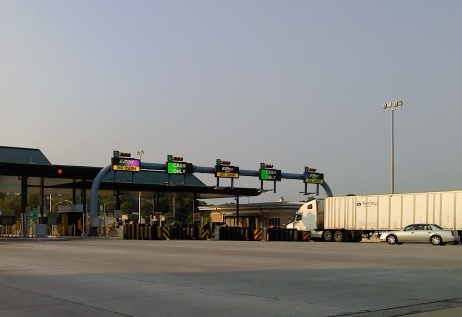Auditor General Blasts Turnpike’s “Free Rides”
Auditor General Jack Wagner wants the Pennsylvania Turnpike Commission to stop giving employees and vendors toll-free personal travel. “They can utilize the Turnpike at will, both for work-related purposes and for free personal use,” Wagner told a crowd of reporters gathered in a Finance Building conference room. “In our first finding, we basically state that the free personal use should be eliminated.”
Wagner was previewing an upcoming audit report, which shows the Turnpike gave out a total of $7.7-million dollars worth of free rides between January 2007 and August 2011. While the Turnpike has no mechanism for differentiating between on-the-job and personal travel, Wagner says the issue – at least – begs for more oversight.
Pointing to next month’s toll hike, Wagner says the Turnpike should be doing everything it can to hold down fares for its customers. Wagner’s letter to the Turnpike Commission asks for a written response that he can include in the final report, which is due out before he leaves office next month. A Turnpike spokesman says the letter was received Monday afternoon, and a draft of Wagner’s report is currently under review.







